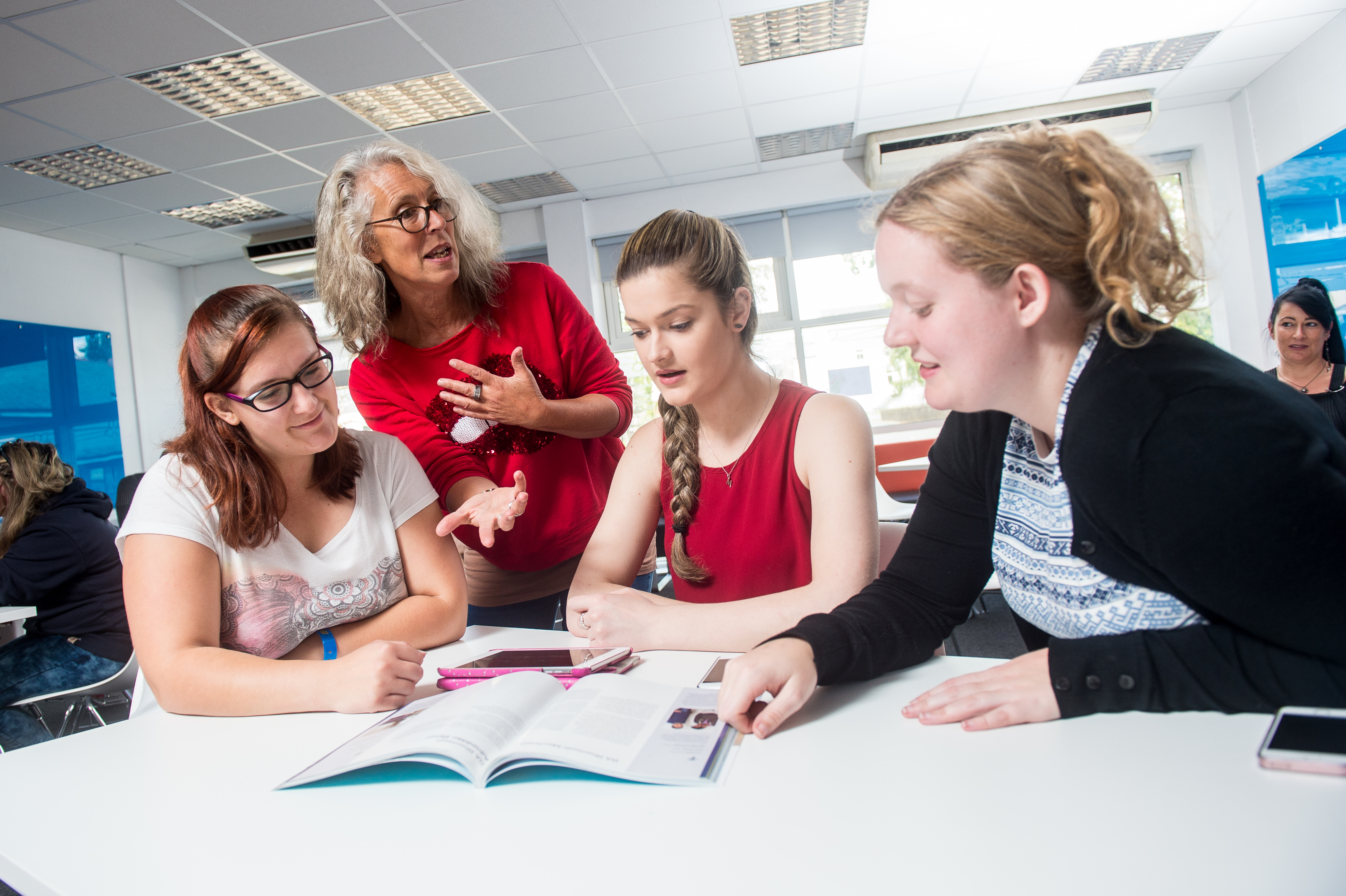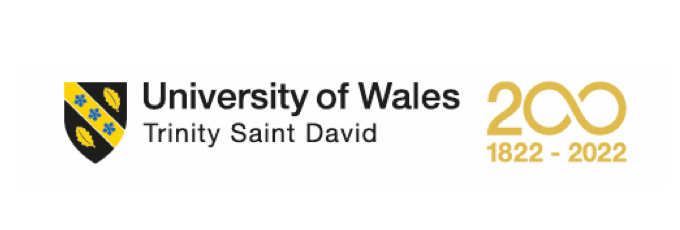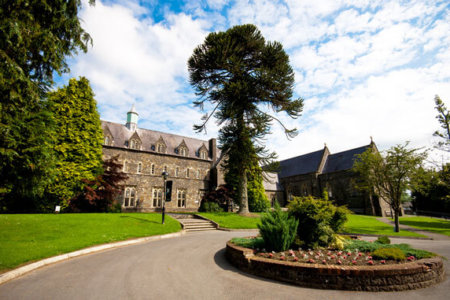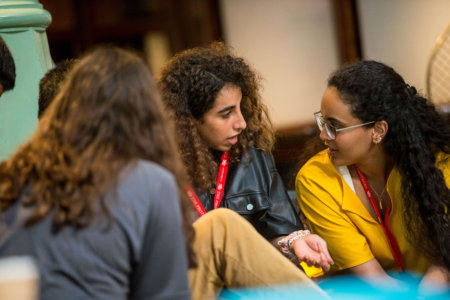Going to university is all about finding connections, feeling vibrant and getting excited over everything new — nowhere else has this been more true than at the University of Wales Trinity Saint David’s scenic Lampeter campus, where a unique and personalised learning experience awaits.
When Khaliun Altansukh first arrived in Wales from Mongolia, she immediately felt at home. “I fell in love with the campus right away,” she says. Her first day began with a serene stroll and some light shopping before she ran into a classmate who was more than enthusiastic to show her around. Then, she met up with senior international student support officer, Gruff Owen.
“We drank coffee, and he assisted me in organising my Biometric Residence Permit the next day,” she says. “It saved me a lot of time and effort in getting support.” Later, she finally got to hug another classmate, she had been in contact with for months before departing Mongolia. They explored the town together before meeting up with a bigger group at a nearby pub. “It’s safe to say my first day was both busy and exciting,” Altansukh enthuses.
Welcomes like the one she received are common at the University of Wales Trinity Saint David — and the theme of warmth persists in Teaching English to Speakers of Other Languages (TESOL) (MA TESOL) classrooms.
Programme director, Dr. Jessica Clapham, keeps the personal approach alive while imparting crucial knowledge in English Language Teacher Education and Second Language Acquisition. “The MA TESOL provides an opportunity to become part of an active community of collaboration and research,” she explains.
That’s exactly what Farzaneh Pishbin was on the hunt for when she decided to leave Iran for Wales. More importantly, the university is well known for its education quality, accommodation services and approachable staff. “The first impression was pleasant, especially when I met my professor, Dr. Jessica,” she recalls. “She was so friendly and knowledgeable.”
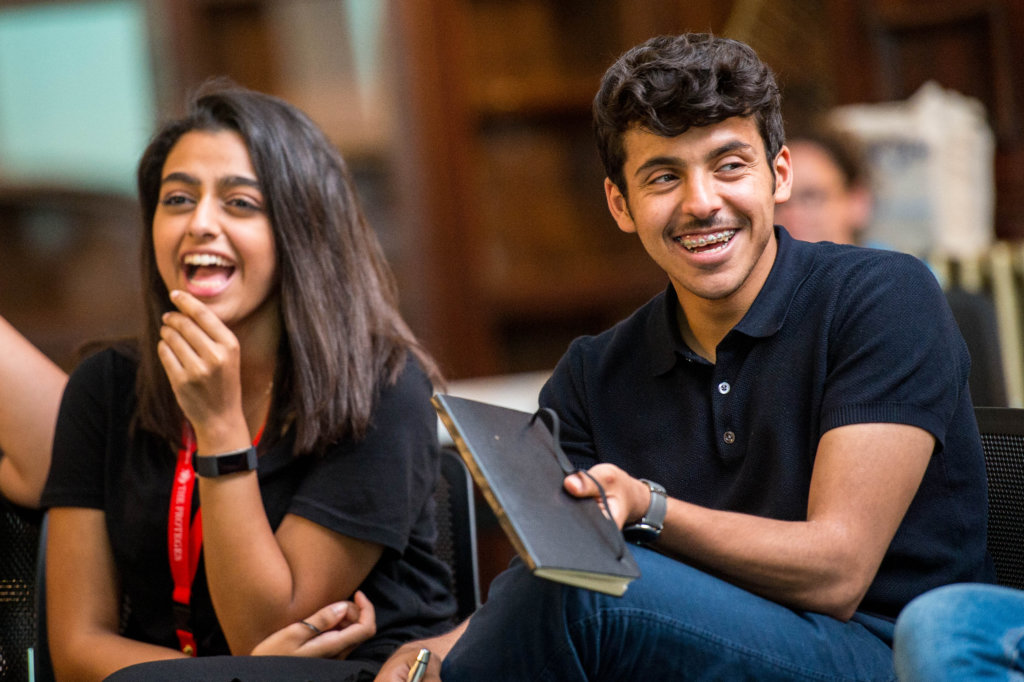
The MA TESOL often begins with an introduction to key issues in TESOL. Source: University of Wales Trinity Saint David
A little homesick at first, Farzaneh settled in quickly into the new environment. Engaged, she was able to fully immerse herself in MA TESOL modules. This programme provides learners with the knowledge and skills needed to teach the English language to students of various age groups and education needs. It was designed specifically for home or international students who wish to pursue a career in teaching English to non-native speakers of English.
So far, Farzaneh has mastered the arts of delivering new and innovative methods of teaching, writing articles based on theories, writing in general, and comprehending statistical methods. She’s even explored the basics of conducting research.
The MA TESOL often begins with an introduction to key issues in TESOL, English Language Teacher Education and Second Language Acquisition theory while supporting students through a small-scale research project on a TESOL topic of their choice. Lesson delivery ranges from more formal lectures and class-wide sessions to small discussion groups, seminars and one-to-one tutorials. By part two of the programme, students are primed to undertake research projects in their own specific interests. The fact that MA TESOL students work closely with Professional Doctorate in English Language Education students is an added bonus.
“Our modules consist of online materials and taught components that build and support the research skills you require,” Dr. Clapham explains. “You will be allocated a dissertation supervisor who will support you in writing a research proposal, carrying out your project and writing the dissertation. The programme’s emphasis on applied research skills offers successful graduates progression opportunities into further research at the doctoral level.”
However, achieving the peak of academic excellence is impossible without experiential learning opportunities. Thankfully, hands-on knowledge is the cornerstone of learning at University of Wales Trinity Saint David and the MA TESOL offers plenty.
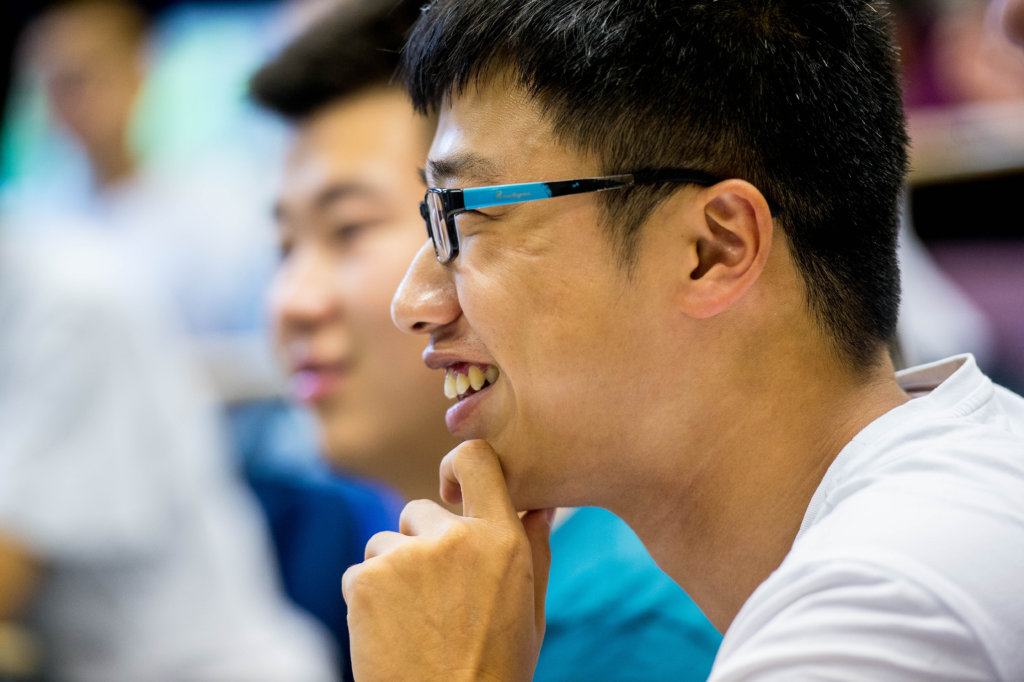
Strong personal contact is big at the University of Wales Trinity Saint David. Source: University of Wales Trinity Saint David
Dr. Clapham and her team make the most of having students from different spheres of education or business together for intensive study in this module. Hence, sessions are typically discussion-based rather than adopting a didactic format. At the same time, preparatory readings and tasks are crucial as students are expected to make significant contributions to or strategise their own presentations.
“They will be expected to draw upon their own educational experiences in the lectures and seminars,” she says. “In addition, there is a placement which can be carried out in the university’s Language Unit or in partnership with local schools supporting EAL pupils.”
It doesn’t end there. By joining University of Wales Trinity Saint David’s Lampeter campus, aspiring linguistic educators will immediately expose themselves to a Humanities division that exudes inclusivity and inspires multidisciplinary excellence. However little or much students choose to explore is entirely up to them. Academic silos do not exist here.
To experience this dynamic university’s 200-year strong history of collaboration for yourself, click here.
Follow the University of Wales Trinity Saint David on Facebook, Instagram, Twitter, and YouTube.

